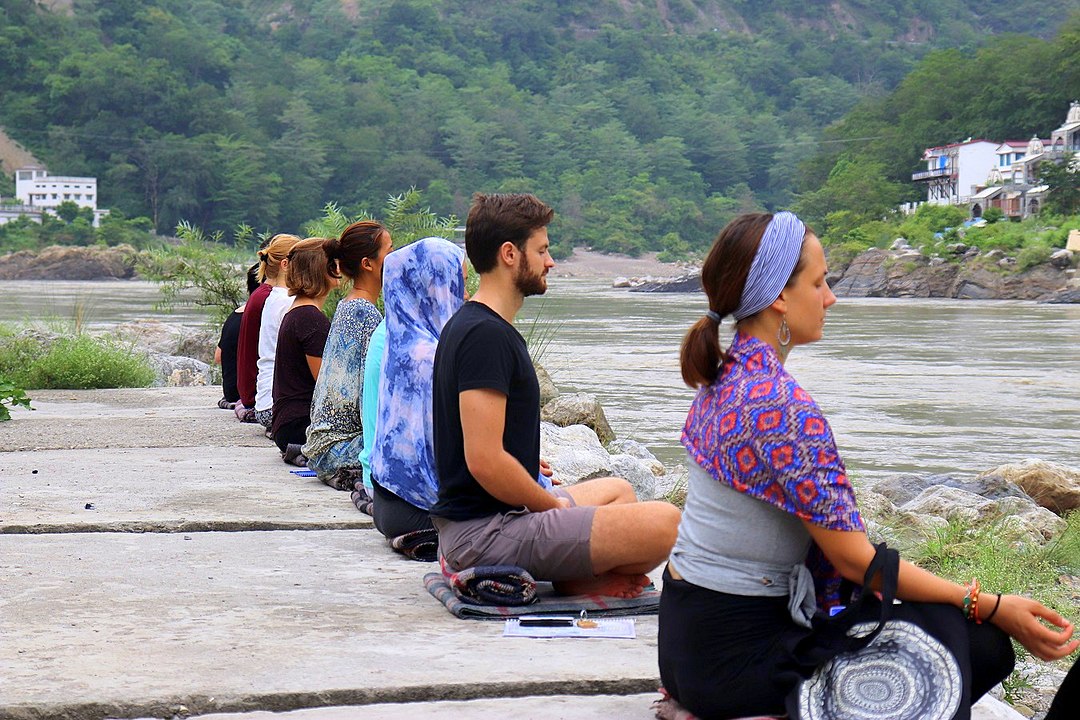At Open Democracy, Ronald Purser details an emerging current of mindefulness advocates who seek to make the practice more collective and socially grounded. Purser notes that mindfullness has recently been appropriated and corrupted by Silicon Valley CEOs and neoliberal gurus, who see it on nothing more than a means to increased productivity. But this view, writes Purser, treats the psyche as individual and atomized, when it is in fact deeply social. Check out an excerpt from the piece below:
These examples illustrate how mindfulness can be used for nefarious purposes when divorced from a larger ethical framework and deployed as a self-help technique that reinforces the atomization of individuals – relaying an implicit ideological message that the stresses and anxieties we experience are due to our poor lifestyle choices and mental ruminations, as opposed to the structures and environments in which we live and work. How can this trap be avoided?
Over the past few months Transformation has published a number of articles that help to answer that question, kicked off by my critique of “The faux revolution of mindfulness.” A number of common themes have emerged from this series. The first is the need to see, teach and experience mindfulness within a broader social context if its potential as a force for change is to be realized. In “Moving mindfulness from ‘me’ to ‘we’” I call this a shift towards ‘civic’ mindfulness that enables individuals to see more clearly how their everyday experiences and personal troubles are entangled with public issues.
As the Jesuit priest and social activist Father Daniel Berrigan once put it, this form of mindfulness seeks to “challenge the tyranny implicit in things as they are,” by developing a new praxis which can build stronger bonds of solidarity to overcome the loneliness and isolation of individuals in contemporary societies. In this sense, mindfulness is ultimately an act of re-membering, not only in terms of memory, but also of putting our broken lives back together again collectively.
Image by Hari Om Yoga Vidya School - own work, CC BY-SA 4.0. Via Wikimedia Commons.
